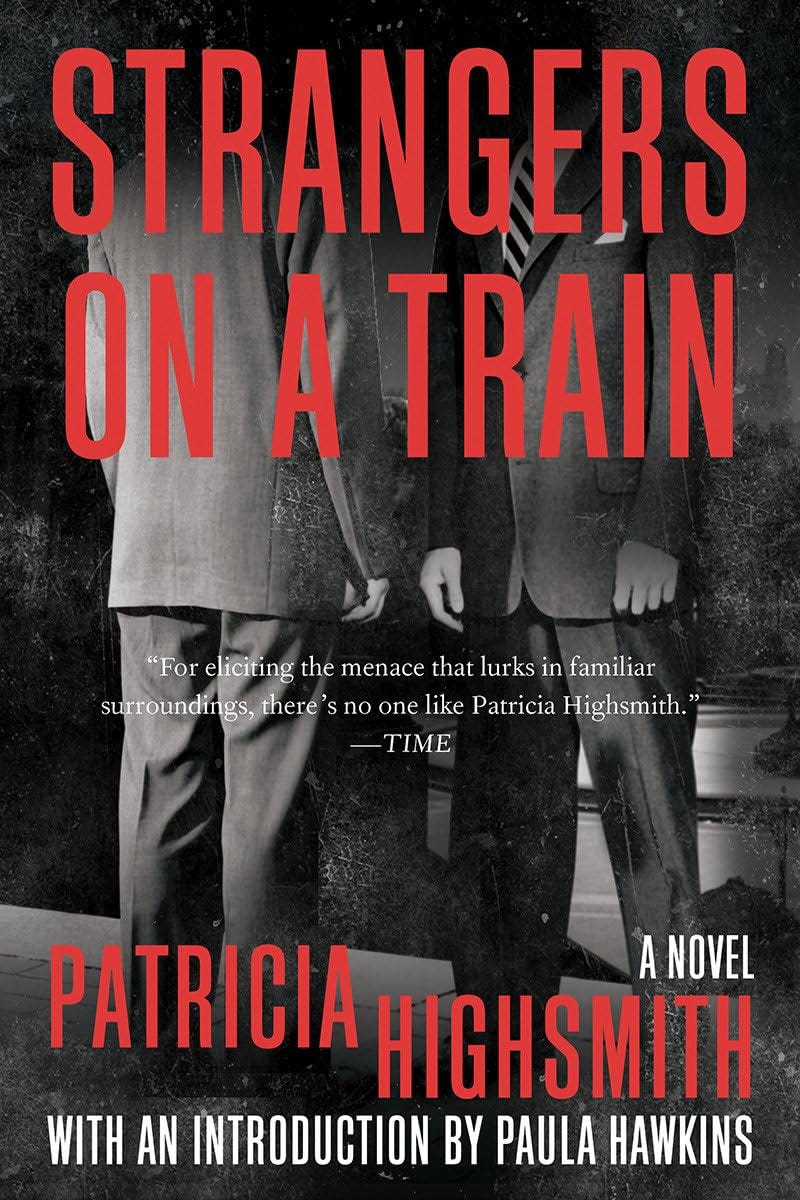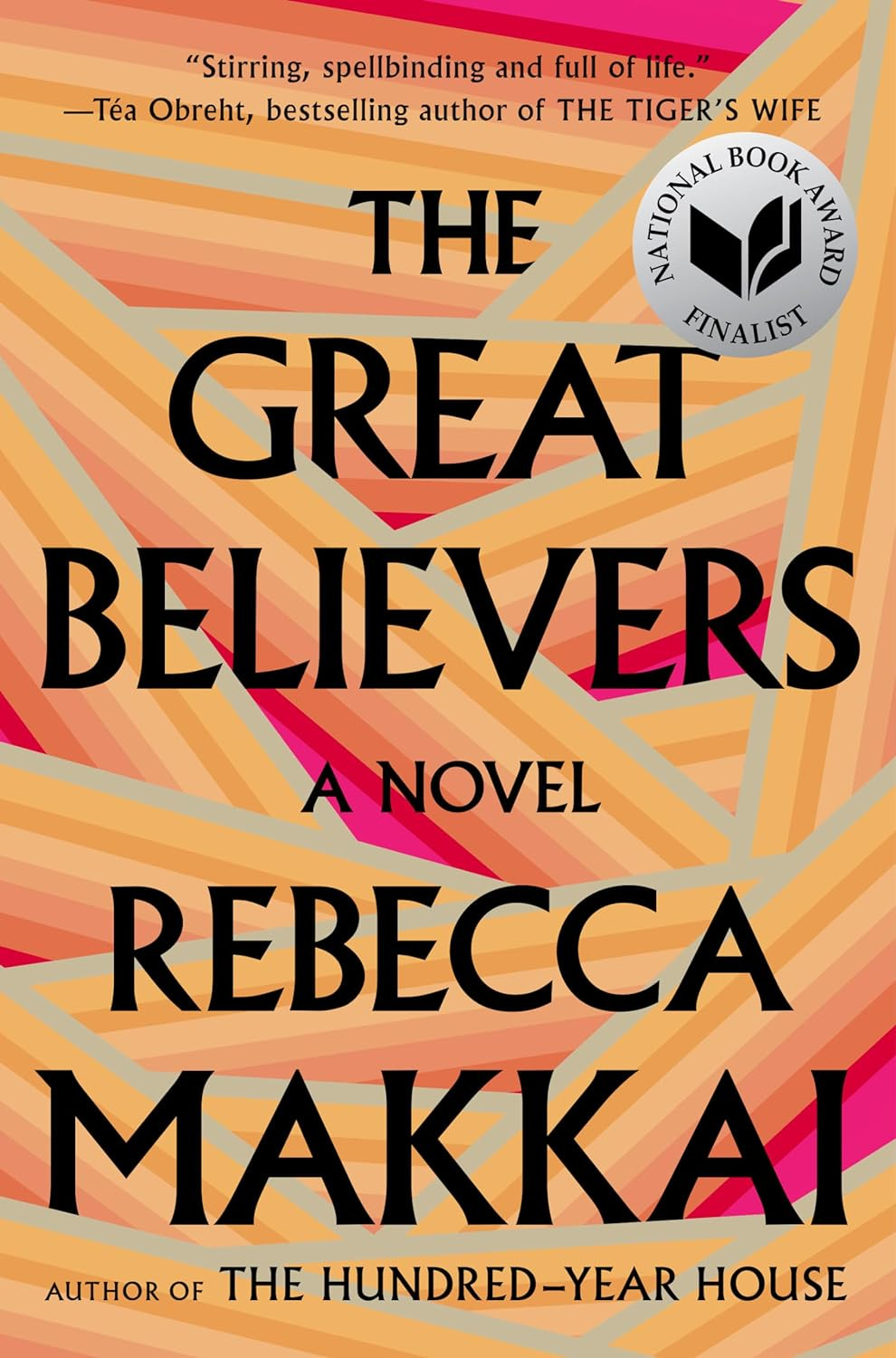2024: A Year in Books
Eight faculty authors (and a few Extra Credit regulars) recommend 10 books to carry into the new year
Here at Extra Credit we like to commemorate the new year by asking a few UT Austin faculty authors to share their favorite reads from the last 12 months. There’s no rules around what can or can’t be recommended — you'll see that the following books were published anywhere from a few months to decades ago and span genres and disciplines — we only ask that faculty pick a book they’re excited about and tell us why. Read on for our 2024 picks, and we wish you and yours all the best in 2025.
Bret Anthony Johnston, director of the Michener Center for Writers and author of We Burn Daylight (and subject of “Don’t Call it a Cult”) recommends Down the Rabbit Hole by Juan Pablo Villalobos.
“The good news is there's no shortage of amazing books in the world; the bad news is that makes it impossible to choose the best book I read this year, so I'll name the one that keeps elbowing its way back into my consciousness: Down the Rabbit Hole by Juan Pablo Villalobos. Published over a decade ago, the novel is a mule kick of voice, emotion, subtext, and complexity masquerading as simplicity. The prose is stunning and stunningly layered, and stakes rise on each page. It's a jewel, or a bullet, that reflects and refracts different light depending on how the sun — or the son — shines.”
Mónica Jiménez, assistant professor of African and African diaspora studies and author of Making Never-Never Land: Race and Law in the Creation of Puerto Rico, recommends Devil Makes Three by Ben Fountain.
“As a Caribbean historian, I am always looking for a great novel that engages the complicated and beautiful history of the region. Enter Ben Fountain’s novel, Devil Makes Three, which follows a disparate group of individuals — the members of a well-to-do Haitian family, a white ex-pat trying to make a buck in Haiti, an undercover CIA agent, just to name a few — during Haiti’s CIA-backed coup in 1994. Fountain weaves an intricate story that is fraught and difficult yet funny and fast-paced. He is a master at creating the world of the story and of taking the reader into that world. In my mind I could see, hear, and even smell the streets of Port-au-Prince or the beach at Jacmel. Yet for all that it is a great story, the book also manages to do one of my favorite things — teach the reader about the history of a place while keeping them utterly glued to the story.”
Bruce Wells, associate professor of Middle Eastern studies and the author of “Highbrow Advice For Life: More Than Baseball,” recommends Purpose: What Evolution and Human Nature Imply about the Meaning of Our Existence by Samuel T. Wilkinson.
“Wilkinson’s remarkable book examines the work of evolutionary biologists, psychiatrists, social scientists, and others. He argues that, instead of ‘genetic chance’ or ‘molecular accident,’ a definite purpose seems to be driving human evolution—a controversial contention, to put it mildly. That purpose goes well beyond Dawkins’ selfish gene; it has to do with establishing meaningful relationships with other humans, especially those related to us. Human nature involves a competition between our selfish and altruistic tendencies. Our positive tendencies are best honed within the context of close human relationships (‘family life, in essence, is nature’s most powerful way of helping us choose our better natures’). And they are crucial to having high-quality relationships, which in turn, says Wilkinson, are the key to the good life and the good society.”
Deborah Beck, professor of classics and author of The Stories of Similes in Greek and Latin Epic, recommends We Could be Heroes by Philip Ellis.
“It’s a romance novel about a closeted actor who plays superheroes in Hollywood blockbusters and a nearly-broke drag queen from Birmingham (UK). The writing is effervescent, the novel is clear-sighted and matter-of-fact about financial precarity alongside its sense of fun, and each character has a warm and idiosyncratic group of friends that make the novel as much about the joys of friendship as about the pleasures of romantic love.”
Iván Chaar López, assistant professor of American studies and author of The Cybernetic Border: Drones, Technology, and Intrusion, recommends Camera Geologica: An Elemental History of Photography by Siobhan Angus.
“Early in the fall semester, I read Siobhan Angus' Camera Geologica: An Elemental History of Photography with my research group, the Border Tech Lab. We’re currently conducting research on the history and ecologies of artificial intelligence infrastructures in Texas. Hence why we decided to read Angus' book. It is a brilliant contribution to the history of art, media studies, and science & technology studies for it gets us to understand photography — and media technologies more broadly —through the relations of extraction that make it and that it (photography) makes possible. Each chapter is devoted to an element (bitumen, silver, platinum, iron, uranium, and rare earth elements), Angus shows the vast networks of actors (e.g., organizations, individuals, ideas) that create photography. The book brilliantly shows the hidden lifeworlds of extraction, exploitation, and settler colonialism embedded in each elemental speckle found in a photograph and in the illusions it conjures.”
Karma Chavez, professor of Mexican American and Latina/o studies and author of The Borders of AIDS: Race, Quarantine, and Resistance, recommends The Message by Ta-Nehisi Coates.
“The book takes readers from Senegal to South Carolina to Palestine to offer an elegant and impactful exploration of how power works in zones of contestation. As one might expect, Coates' cultural criticism centers on questions of race, but he's thinking beyond the US. In this book, he shows the connections between the US and other parts of the world in ways that might trouble some readers but that ultimately offer crucial food for thought no matter one's political persuasion. The book is also masterful as Coates not only writes well, but he reflects on the craft of writing and its necessity for tumultuous political times.”
Anat Schechtman, associate professor of philosophy and the author of the upcoming book Ontic Infinity: Quantity, Perfection, and Infinity in Early Modern Philosophy, recommends Our Share of Night by Mariana Enríquez.
“This is one of the most interesting books I read in 2024. Like other works by Enríquez, it’s dark and brutal, but also incredibly vivid and thought provoking. Set in Argentina in the 80’s during the military dictatorship, it tells the story of Juan Peterson, a medium for an evil supernatural power called simply ‘The Darkness,’ and his efforts to spare his young son from being forced to serve the same role. Though full of supernatural violence and bloodshed, the brilliance of this novel lies in making manmade horror — visited by the dictatorship on citizens, by the rich and powerful on the poor and disenfranchised, and by those of European descent on native people — seem that much more terrifying.”
James Cox, professor of English and author of The Political Arrays of American Indian Literary History, recommends Strangers on a Train by Patricia Highsmith.
“Strangers on a Train lives up to its reputation as a classic thriller. Set in part in Highsmith’s home state of Texas, the novel follows Guy Haines, an architect, as he ascends the professional ranks and becomes entangled in a double-murder plot devised by Charles Anthony Bruno, the son of a wealthy businessman. Highsmith’s genius for characterization is on display: Haines has a maddening inability to communicate and an allergy to interpersonal conflict; Bruno’s family’s affluence has set him dangerously free from constraints. The plot burns slowly and satisfyingly to its dramatic culmination in the Rice Hotel in Houston. For additional enjoyment, watch Alfred Hitchcock’s 1951 adaptation, but only after reading the novel.”
A few extra book recommendations from your friends here at Extra Credit HQ:
Leora Visotzky, assistant director of COLA Public Affairs and regular contributor to Extra Credit, recommends The Great Believers by Rebecca Makkai.
“The Great Believers is part a history lesson about the AIDS crisis in America in the 1980s and ‘90s — and gay life during that period in Chicago — and part an emotional picture about the complex network we weave with our chosen families. It touches love, loss, pride, jealousy, professional sacrifice, and the way we respond when faced with scenarios that challenge our ethical beliefs. This was a beauty.”
Kaulie Watson, Extra Credit editor and writer at COLA Public Affairs, recommends Birnam Wood by Eleanor Catton.
“In the latest novel from Booker Prize-winner Eleanor Catton, a guerilla gardening group in New Zealand plans their biggest project yet, a massive (and illegal) farming operation on an isolated estate cut off from the rest of the country by a recent landslide. There’s just one problem: An American tech billionaire, equal parts charming and chilling, wants the same land for purposes of his own. The chaos that ensues kept me absolutely gripped for all 400+ pages, but there was no way to prepare for the last 10. If you like psychological and/or ecological thrillers, have serious misgivings around unfettered tech surveillance, or simply love great character-driven writing, this is the book for you.”














